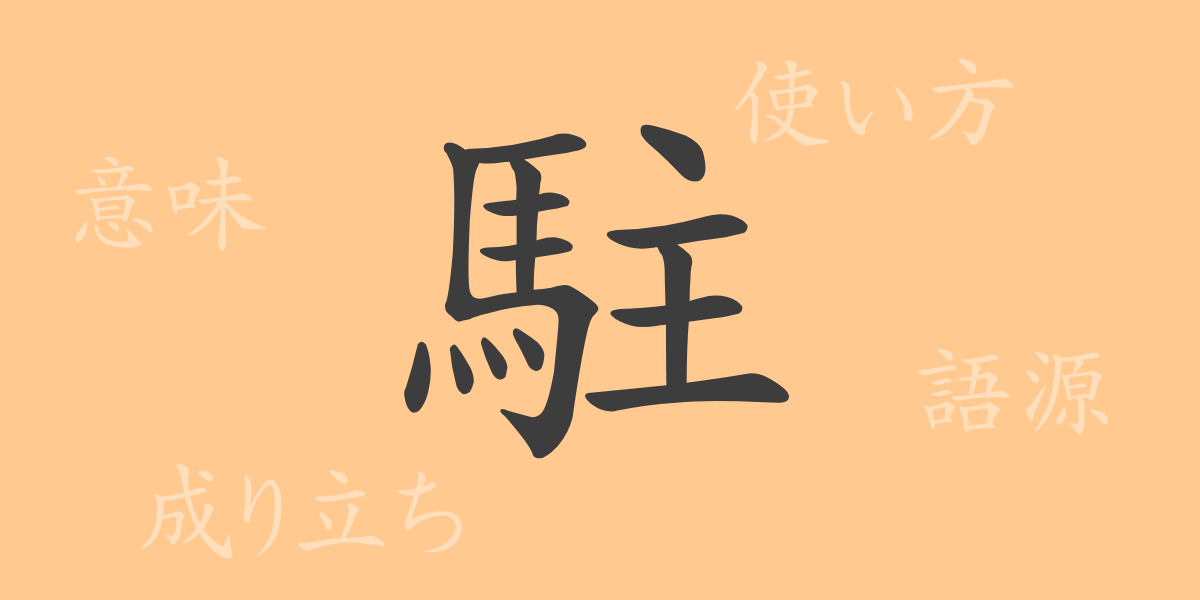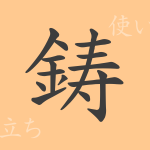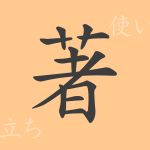The Japanese language is rich with numerous kanji, each with its own history. In this feature, we spotlight the kanji ‘駐(チュウ)’, a seemingly familiar character whose origins and applications are deeply integrated into our everyday lives. This article will explore everything from the etymology of ‘駐’ to its use in idioms and proverbs, diving deep into its allure.
Origins of ‘駐(チュウ)’
The kanji ‘駐’ originated in ancient China, depicting a horse coming to a halt. The upper part ‘馬’ directly represents a horse, while the lower part ‘主’ signifies stopping, giving rise to the meaning ‘to stop’. Thus, ‘駐’ came to symbolize cessation and is used to denote stopping or staying.
Meaning and Usage of ‘駐(チュウ)’
‘駐’ generally means ‘to stop’ or ‘to stay’. It is commonly used in contexts such as ‘to park’ or ‘to station oneself’, applicable both to physical stopping and staying at a location for an extended period. Everyday usage includes signs like ‘No Parking’ and terms such as ‘stationed personnel’.
Readings, Stroke Count, and Radical of ‘駐(チュウ)’
To fully understand ‘駐’, it’s essential to know its readings, composition, and more:
- Readings: On’yomi ‘チュウ’, no Kun’yomi.
- Stroke Count: 15 strokes total.
- Radical: ‘馬’ (horse).
Idioms and Phrases Involving ‘駐(チュウ)’
Idioms and phrases involving ‘駐’ reflect its deep meaning in the Japanese language. Some examples include:
- ‘駐車場(ちゅうしゃじょう)’ – A place or facility to park vehicles.
- ‘駐在員(ちゅうざいいん)’ – A person stationed in a particular region or organization for work.
- ‘駐輪禁止(ちゅうりんきんし)’ – Regulations or signs prohibiting bicycle parking.
- ‘駐留軍(ちゅうりゅうぐん)’ – Military forces stationed in a foreign country for a certain period.
Conclusion on ‘駐(チュウ)’
The kanji ‘駐’ not only signifies stopping or staying but also plays a significant role in the Japanese language, from traffic regulations to international relations. Words containing ‘駐’ are prevalent around us, highlighting its extensive use. Hopefully, this article has deepened your understanding of the kanji ‘駐’ and its contextual meanings.

























